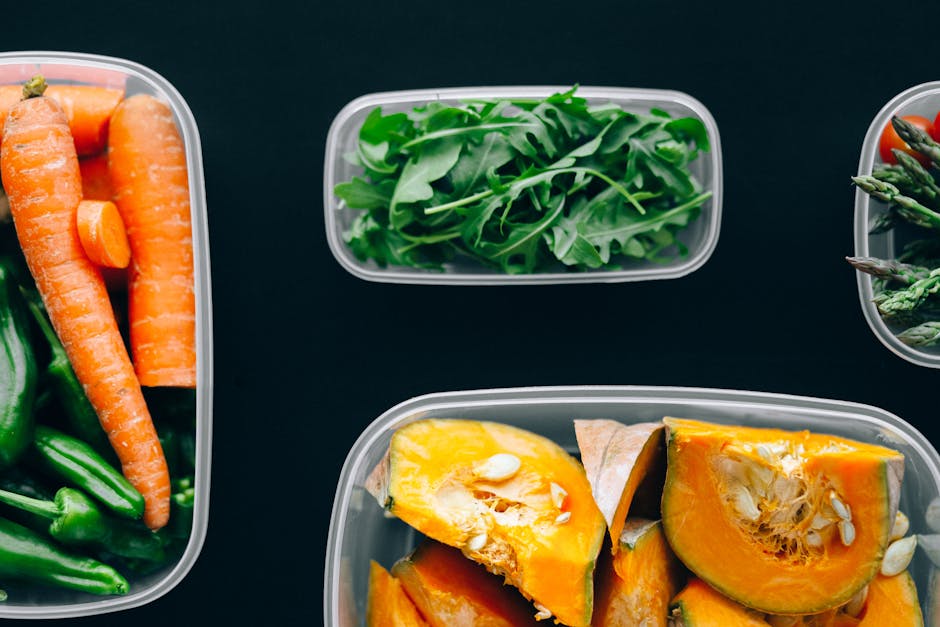Exercise, whether a brisk walk or a grueling marathon, demands meticulous planning, and a crucial component of that plan is nutrition. While a balanced diet is essential for overall well-being, certain foods can impede your athletic endeavors. Understanding which foods to steer clear of before, during, and after exercise is vital for optimizing performance and recovery.
Pre-Workout Fuel: Navigating the Pre-Exercise Diet
The foods you consume leading up to a workout profoundly impact your energy levels and endurance. Some items are notorious for causing digestive distress and potentially hindering your performance. A major culprit in this category is fatty, fried, and highly processed foods.
High-fat meals are often slow to digest. This sluggish digestion can lead to feelings of discomfort and bloating during exercise, potentially distracting you from your workout and diminishing your focus. Foods rich in saturated and trans fats can also contribute to lethargy and impede the efficient delivery of nutrients to your muscles. Think deep-fried chicken, greasy pizza, or excessively fatty cuts of meat.
Complex carbohydrates, while beneficial for sustained energy, should be strategically consumed pre-workout. Simple sugars, though readily absorbed, can lead to a spike and subsequent crash in blood glucose levels. This sudden shift can leave you feeling sluggish and drained before you’ve even begun your exercise routine. Likewise, sugary cereals and sugary drinks might provide a temporary energy boost, but the inevitable drop thereafter can sabotage your performance.
Another problematic category includes foods high in fiber, especially if consumed close to exercise. Although fiber is essential for digestive health, a large intake just prior to exercise can cause significant stomach upset and cramping. Be cautious with beans, lentils, and large portions of raw vegetables.
Beyond specific foods, the timing of meals is equally important. Eating a large meal immediately before a workout is detrimental. Allow at least two hours before vigorous exercise to ensure adequate digestion. A light, easily digestible meal or snack composed of complex carbohydrates and lean protein, like a small portion of oatmeal with some fruit and nuts, serves as a better pre-workout fuel.
During Exercise: Hydration and Strategic Energy
During exercise, hydration is paramount. Overlooking this aspect can quickly lead to fatigue and decreased performance. While sports drinks can be beneficial, overly sugary options can cause a detrimental spike and subsequent crash. Instead, prioritize water, which plays a crucial role in transporting nutrients to muscles and regulating body temperature.
Certain foods are best avoided during exercise itself. Foods high in fiber and fat, particularly those that are hard to digest, increase the chances of experiencing gastrointestinal distress. Avoid anything that will disrupt your focus and cause physical discomfort during your workout.
Post-Workout Recovery: Repairing and Replenishing
After exercise, your body needs nutrients to repair tissues and replenish energy stores. While some foods may seem harmless, they can hinder this crucial recovery process.
Excessive intake of alcohol immediately after a workout slows down the rate of muscle recovery. Similarly, heavily processed foods often lack the essential nutrients required for effective muscle repair. This can hinder the replenishment of glycogen stores, leading to delayed recovery.
A crucial aspect of post-workout nutrition is adequate protein. Lean protein sources are ideal for building and repairing muscle tissue. However, excessive or high-fat protein sources can slow down the recovery process by interfering with the body’s ability to efficiently absorb the protein needed for repair. A good option is lean protein along with complex carbohydrates and fruits to restore glycogen and provide essential vitamins and minerals.
Beware of foods that interfere with protein synthesis or negatively affect your hormone regulation, which is essential for your overall recovery and performance.
The Importance of Individual Needs: Tailoring Your Choices
It’s important to remember that individual needs vary, and what one person can tolerate, another may not. Listen to your body’s signals and adjust your dietary choices accordingly. Consider factors such as your exercise intensity, duration, and overall health conditions. Consult with a registered dietitian or sports nutritionist to determine a personalized dietary plan that aligns with your specific needs and goals.
Conclusion: A Holistic Approach to Exercise Nutrition
To optimize athletic performance, focus on the foods that provide your body with the necessary nutrients and energy without causing digestive issues or impacting your recovery. Pre-exercise, choose easily digestible meals with complex carbohydrates and lean protein. During workouts, prioritize hydration with plain water or electrolyte solutions over sugary sports drinks. Post-exercise, prioritize lean protein sources alongside complex carbohydrates and vitamins and minerals to facilitate recovery and replenish energy stores. By carefully choosing your meals and snacks, you can unlock your full potential and enhance your overall fitness journey. A thoughtful approach to nutrition can drastically improve your exercise experience and accelerate your progress towards your desired fitness goals.
